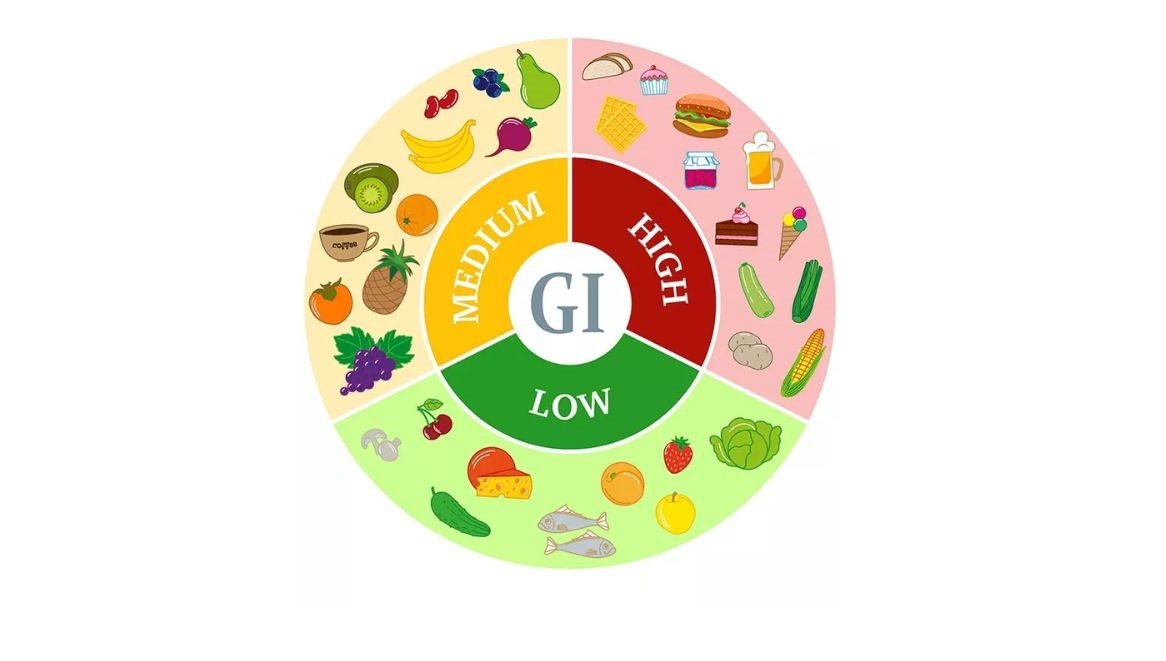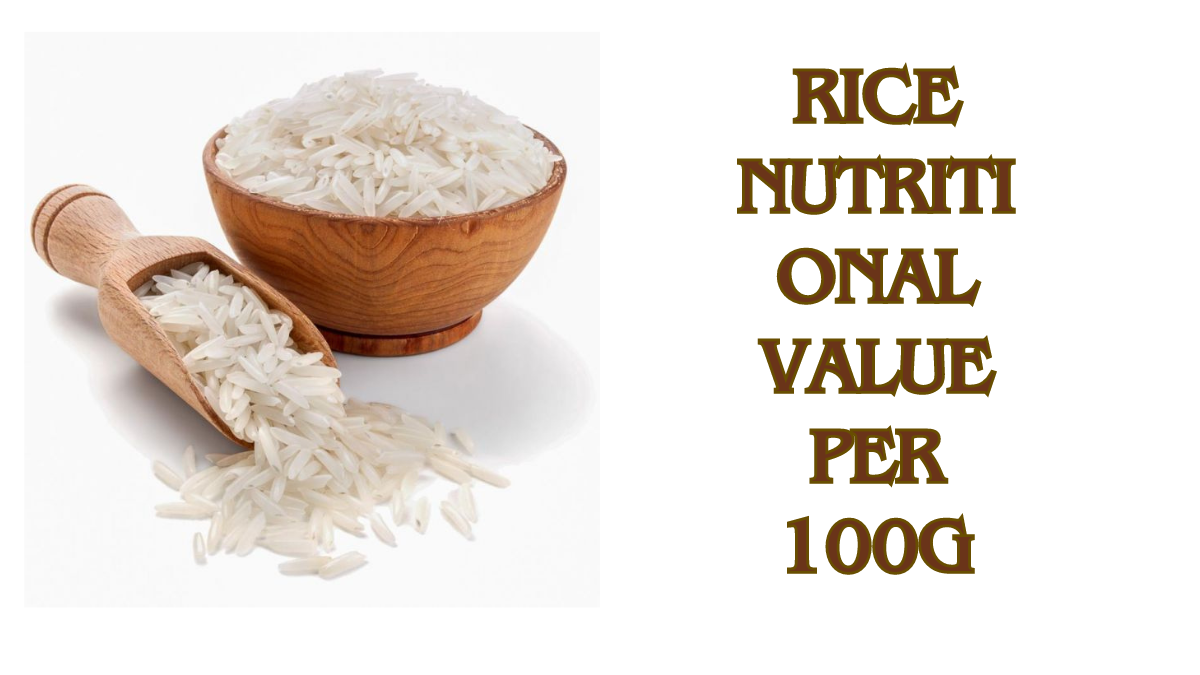The glycemic index (GI) measures how quickly the carbohydrates in a food raise blood sugar levels after consumption compared to a reference food (usually pure glucose or white bread). The effect of GI on blood sugar is significant and can be explained as follows:
- Rapid versus slow rise in blood sugar: Foods with a high GI cause a rapid rise in blood sugar levels immediately after consumption, leading to a rapid increase in glucose in the bloodstream. On the other hand, low GI foods result in a slower and more gradual increase in blood sugar levels over time.
- Insulin response: High-GI foods trigger the body to release large amounts of insulin to control the rapid rise in blood sugar. This can sometimes result in overcompensation, leading to a subsequent drop in blood sugar levels (known as a “sugar crash”).
- Stability of blood sugar levels: Low GI foods, due to their slower digestion and absorption, provide a more sustained release of glucose into the bloodstream. This helps keep blood sugar levels stable for a longer period of time, avoiding sudden rises or falls.
- Effect on diabetes control: For individuals with diabetes, monitoring and managing blood sugar levels is important. Low GI foods may aid in better blood sugar control because they cause a more gradual and moderate increase in glucose, reducing the need for large insulin spikes.
- Long-term health effects: Consistently consuming a diet rich in low GI foods can have positive effects on overall health. It may help reduce the risk of certain chronic diseases associated with insulin resistance, type 2 diabetes, obesity and unstable blood sugar levels.
- Individual variability: It is important to note that individual responses to the GI of foods may vary. Factors such as metabolism, insulin sensitivity, the combination of foods eaten together, and overall diet quality can affect how a person’s body reacts to different foods.
It is important to understand the impact of GI on blood sugar levels, especially for individuals with diabetes or those aiming for steady energy levels throughout the day. Including low GI foods in the diet, combined with other healthy eating habits, may contribute to better blood sugar control and overall well-being. However, it is important to consider a variety of factors beyond just GI when planning meals, focusing on a balanced diet that includes a variety of nutrient-rich foods. Consulting a health care professional or registered dietitian can provide personalized guidance on managing blood sugar levels through dietary choices.
Chat Now Gehuwala- Click Here
Impact of glycemic index on blood sugar FAQ
1. What is the Glycemic Index (GI) and how does it affect blood sugar?
GI measures how quickly the carbohydrates in food raise blood sugar levels after consumption. Foods with a high GI cause a rapid rise in blood sugar, while foods with a low GI cause a slower and more gradual rise.
2. How do high-GI foods affect blood sugar levels?
High-GI foods cause a rapid increase in blood sugar levels, causing a rapid release of glucose into the bloodstream. This rapid increase may induce a corresponding increase in insulin production to manage the increased blood sugar.
3. What impact do low-GI foods have on blood sugar?
There is a slower and more moderate rise in blood sugar levels after consumption of low GI foods. They are digested and absorbed more slowly, allowing glucose to be released slowly and steadily into the bloodstream.
4. How does the GI influence insulin response?
High-GI foods can cause a larger and sharper increase in insulin release to control rapid increases in blood sugar levels. In contrast, low GI foods require a more moderate insulin response due to their slower digestion and absorption.
5. Can the Glycemic Index help manage blood sugar levels in diabetes?
Yes, understanding GI can be beneficial for individuals with diabetes. Choosing more low-GI foods may contribute to better blood sugar control by reducing sudden spikes and maintaining more stable glucose levels.
6. Are all high-GI foods unhealthy for blood sugar control?
not necessarily. Some high-GI foods, such as certain fruits and foods eaten after intense exercise, can serve as a quick source of energy. However, relying excessively on high-GI foods with low nutritional value may not be beneficial for long-term blood sugar management.
7. How can low-GI foods help in preventing blood sugar fluctuations?
Low GI foods provide sustained energy, reducing the chance of rapid fluctuations in blood sugar and the subsequent crashes that can lead to increased hunger and fatigue.
8. Should I only focus on the GI of foods for blood sugar control?
While GI is helpful, it is important to consider overall diet quality, portion sizes, food composition, and individual health conditions along with GI for effective blood sugar management and overall health.




